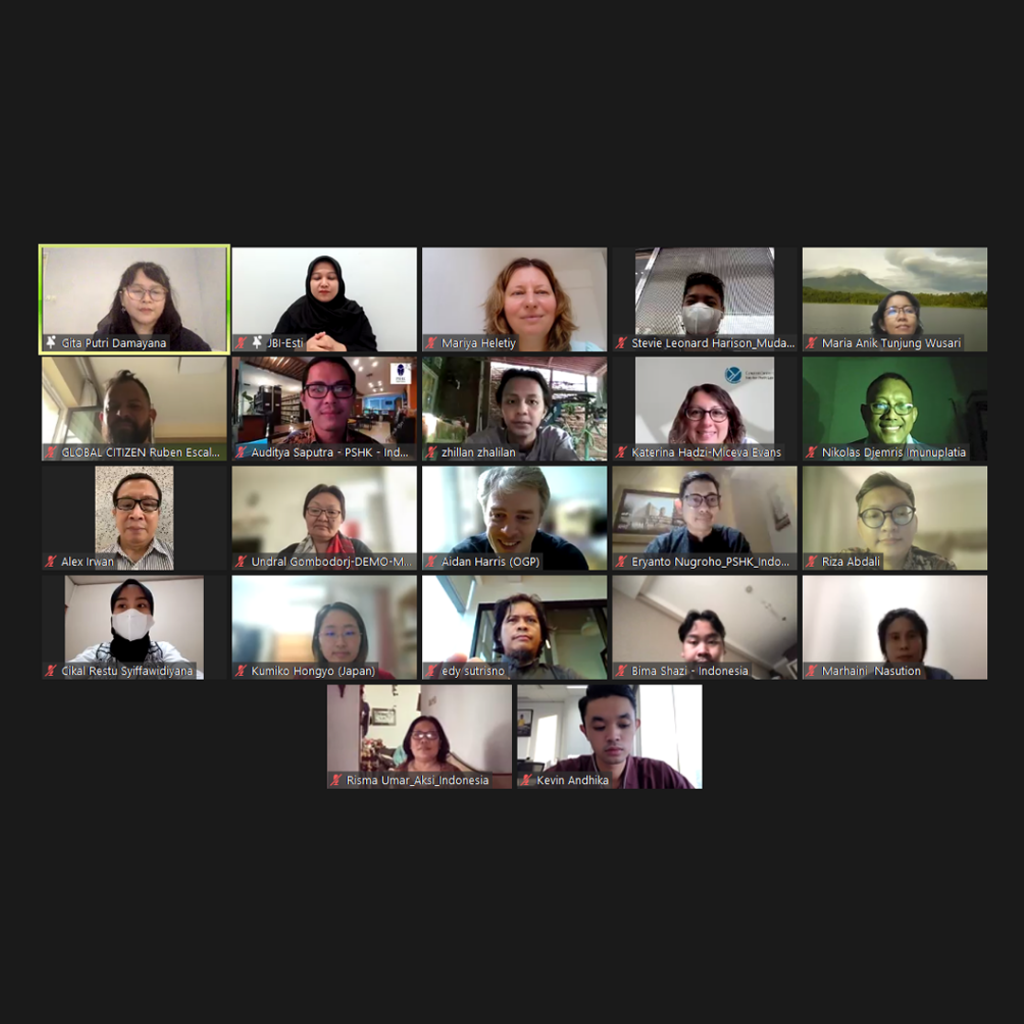 ‘Civic Space’ is a term referring to the space for civil society to be able to freely exercise the freedom of expression, assembly, and association. Discussions on civic space have been coexisting in many thematic discussions on democracy, good governance, economic, and sustainable development forums.
‘Civic Space’ is a term referring to the space for civil society to be able to freely exercise the freedom of expression, assembly, and association. Discussions on civic space have been coexisting in many thematic discussions on democracy, good governance, economic, and sustainable development forums.
In C20 forums, the issue was always present in final reports of 2018, 2019, 2020, and 2021; this represents how attention to the protection of civic space is no less important than any other cooperative development programs.
In the 2022 C20, civic space issue are included in Education, Digitalisation and Civic Space Working Group. PSHK (Indonesia) was appointed as Chair of the sub-working group with Yappika-ACTION AID (Indonesia) and Penabulu (Indonesia) as Co-Chairs.
“We are aiming to have civic space as a separate working group in the C20 India next year, considering the growing phenomena of shrinking civic space,” said Chair of C20 Civic Space Sub-Working Group, Gita Putri Damayana during opening Civic Space First Global Consultation on Tuesday (24/5).
This global consultation aims to update on policy brief progress, discussion on global civic space trends, and strategy to advocate the issues to the C20 leaders.
Sub WG Civic Space will also hold a workshop to prepare a policy pack and publish a policy brief in July 2022. Several challenges and opportunity captured in policy brief draft are repression against peaceful expressions and digital expressions; anti-NGO laws and restriction policies; criminalization, stigmatization, and repression towards civil society actors; tendency to overlook meaningful participation in legislation and policy making;
ideologization and its implication on civil society polarization; and use of digital technology to maximize citizen control.
